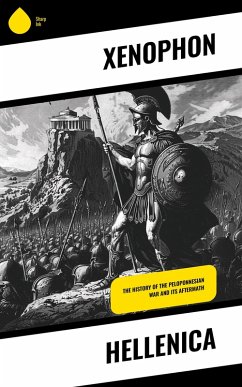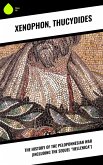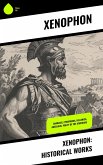Xenophon's "Hellenica" serves as a crucial historical account of Greek history covering the years 411 to 362 BCE, effectively bridging the gap between Thucydides' narrative of the Peloponnesian War and the subsequent rise of Macedonian power under Philip II. Employing a direct, accessible style infused with personal observations, Xenophon offers a unique blend of military history, political commentary, and ethical reflections. His narrative not only chronicles the events of the late classical period but also delves into the motivations and moral decisions of key figures, providing readers with a rich tapestry of the sociopolitical landscape of ancient Greece. Notably, it serves as an essential source for understanding the complexities of democratic governance and the shifting allegiances of the time. Xenophon himself was a soldier, historian, and philosopher, who was deeply influenced by Socratic thought. His experiences as a mercenary leader and his close association with Socrates undoubtedly shaped his perspective on leadership and ethics, which reverberates throughout "Hellenica." This multifaceted background equips him with a unique voice-one that embodies both the intellectual rigor of philosophical inquiry and the pragmatism of a military strategist, further enhancing his historical narrative. "Hellenica" is not only essential for scholars of ancient Greece but also for any reader interested in the interplay of history, ethics, and civic duty. Its clarity and directness make it accessible, while its depth invites readers to ponder the broader implications of its narratives. This remarkable work is a profound exploration of leadership, virtue, and the essence of historical understanding.
Dieser Download kann aus rechtlichen Gründen nur mit Rechnungsadresse in A, B, BG, CY, CZ, D, DK, EW, E, FIN, F, GR, HR, H, IRL, I, LT, L, LR, M, NL, PL, P, R, S, SLO, SK ausgeliefert werden.









